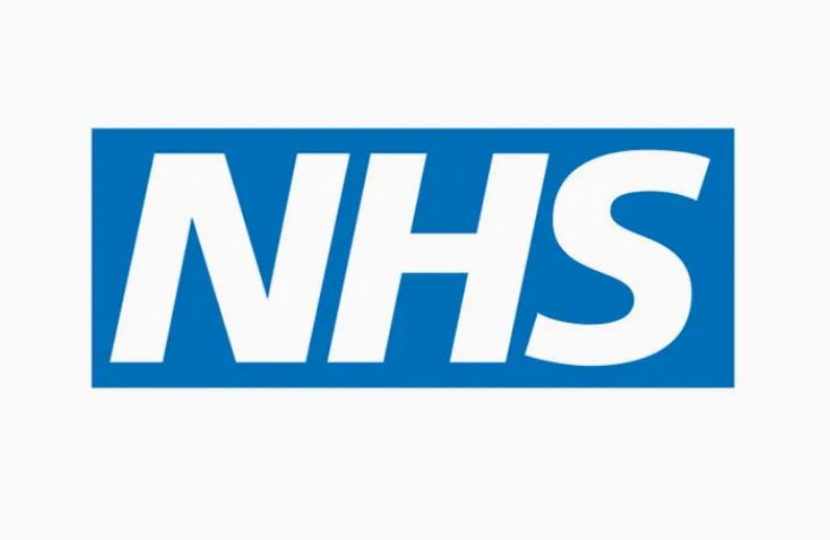
Urgent action continues to be taken to improve the supply of HRT products, helping those who need it access vital medicine.
Since the government has been working to resolve HRT supply and brought in measures to do so – such as SSPs for certain products as well as appointing Madelaine McTernan as Head of the HRT Supply Taskforce – access to HRT is improving, helping those who need it access vital medicine.
Availability of Premique Low Dose has improved thanks to SSPs issued on 29 April to restrict dispensing for Oestrogel, Ovestin and Premique Low Dose to 3 months’ supply. Since these measures were implemented, further deliveries of all 3 products have been made, with Premique Low Dose returning to good availability this week. The manufacturers of Oestrogel and Ovestin, as well as suppliers of alternative HRT products, are taking action to increase UK supply.
Following positive engagement with pharmacists, the government has issued further SSPs to allow pharmacists the flexibility to safely offer women substitute high-demand products – Oestrogel, Ovestin cream, Lenzetto transdermal spray and Sandrena gel sachets – with appropriate alternatives, such as transdermal patches, which are in good supply.
Giving women the option to substitute products is a safe, effective way to ensure HRT continues to be available for everyone who needs it and women can continue to manage their menopausal symptoms. Anyone who has questions or concerns about HRT should speak to their GP or pharmacist. Clinical advice for these SSPs was taken from national experts including clinicians from the British Menopause Society and the Royal College of Obstetricians and Gynaecologists.
SSPs restricting prescriptions to a maximum of 3 months’ supply will also be issued for substitute products, as a precautionary measure to ensure the supply of those substitutes is maintained.
The move follows engagement between the Head of HRT Supply Taskforce, Madelaine McTernan, and the sector on measures to ensure the efficient use of current stock as well as increasing supply, both in the near term as well as providing stability for the future.
Meetings have also resulted in some suppliers taking swift action to secure additional stock of HRT products which are experiencing shortages, resulting in good supply of Premique Low Dose which previously experienced shortages.
Health and Social Care Secretary Sajid Javid said:
We are working to ensure HRT is available for everyone who needs it and I am pleased to see suppliers continuing to increase the supply of some products which is a testament to the collaborative approach being taken.
Meetings with suppliers are ongoing and we’re taking decisive action to manage HRT supply issues and reduce any delays – this includes issuing further SSPs so that women are able to access the medication they need.
Head of the HRT Supply Taskforce Madelaine McTernan said:
I am very encouraged by the constructive engagement across the sector and enthusiasm with which suppliers and pharmacists are looking to work with us to meet this challenge.
Focusing both on measures that ensure we can use stocks most efficiently whilst also ensuring supply is increased is critical.
Minister for Women’s Health, Maria Caulfield said:
Improving stability of supply is another key measure in increasing support for menopausal and perimenopausal women to improve their quality of life.
Women’s health is a priority for this government – we’re working around the clock to ensure supply of HRT is stable now, and in the long term.
NHS England guidance makes clear prescribers are not limited by formulary lists and are not prevented from prescribing a wider range of products.
The British Menopause Society resource on HRT supply provides information on choosing alternative HRT products. Furthermore, information on which formulations are most appropriate for different populations and comorbidities can be found on the National Institute for Health and Care Excellence (NICE) website.
NHS England encourages prescribers to check the availability of HRT products before prescribing, by reviewing the NHS England Specialist Pharmacy Service website, liaising with local pharmacies to identify available stocks and agreeing suitable alternatives where necessary.
The Medicines and Healthcare products Regulatory Agency (MHRA) has reminded both HRT manufacturers and suppliers of the action they can take to ease supply shortages and has supplemented existing guidance on these by holding workshops on 16 May with representatives of manufacturers, community pharmacies and wholesalers to ensure these provisions are understood. This includes confirming that pharmacies have the flexibility to share medicines, where appropriate. MHRA is also working to consolidate its guidance so that it is available from a single webpage. This will be available shortly.
The vast majority of HRT products remain available, and alternatives are available for any products affected by supply issues.
Background information
On 29 April the Health and Social Care Secretary issued 3 SSPs to restrict dispensing for Oestrogel, Ovestin and Premique Low Dose to 3 months’ supply.
Further SSPs have been issued to allow community pharmacists, in consultation with patients, to supply specified alternatives to the prescribed HRT products without needing to seek authorisation from the clinician who has prescribed the medicine. Clinical advice for these SSPs was taken from national experts including clinicians from the British Menopause Society and the Royal College of Obstetricians and Gynaecologists. Further, SSPs have been issued to limit dispensing to 3 months’ supply for the 2 substitute products, estradiol patches and estriol cream, to ensure that supply is maintained.
This is not an indication that these products are out of stock but will provide greater flexibility for pharmacists and to ensure more people can continue to access the medication they need.
The products that may be substituted if unavailable are Oestrogel, Ovestin cream, Lenzetto 1.53mg transdermal spray and Sandrena 0.5mg and 1mg gel sachets.
You can read more detail on the Health Secretary, Madelaine McTernan and Minister Caulfield’s meeting with suppliers and manufacturers.
MHRA guidance allows the transfer of medicines between pharmacies without the need to hold a wholesale dealer licence (WDA), provided:
- it takes place on an occasional basis
- the quantity of medicines supplied is small
- the supply is made on a not-for -profit basis
- the supply is not for onward wholesale distribution

